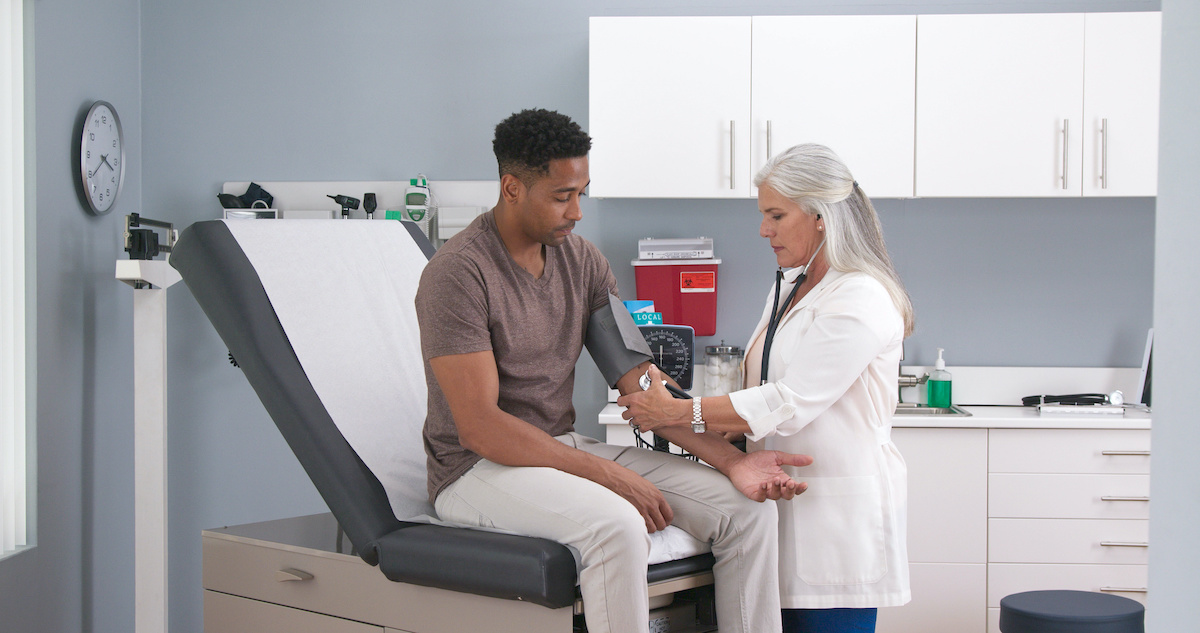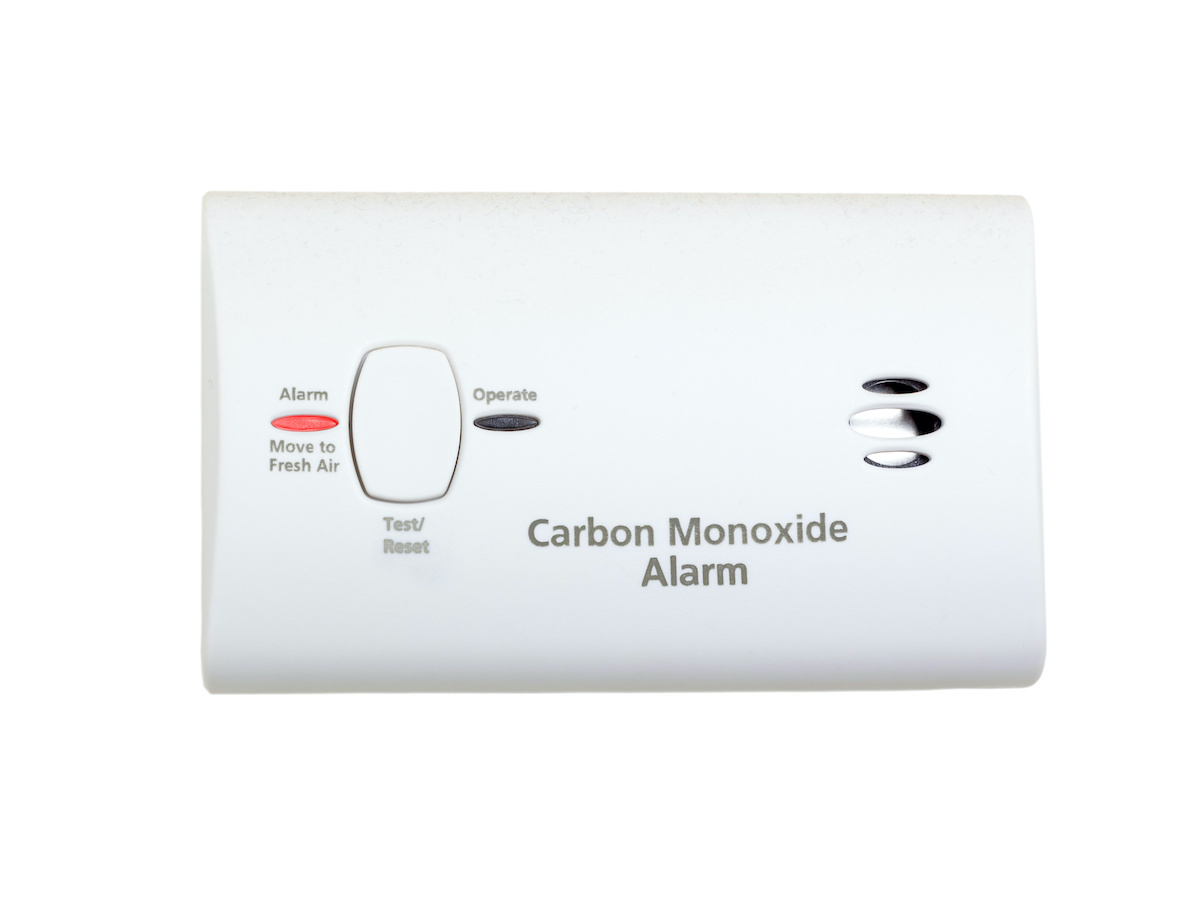
Despite perceptions that young adults consider themselves young and invincible, the majority of Americans aged 18 to 26 are taking an active role in maintaining their health.
Two out of three young adults have a usual source of health care, and most are seeing a physician at least once a year for wellness exams and other preventive services, according to the American Academy of Family Physicians (AAFP).
“Young adults seem to understand the correlation between having an ongoing relationship with a primary care physician and creating a healthy future,” says Dr. Roland Goertz, president of the AAFP. “But unfortunately, when it comes to managing their health, they, like many others, often lack the experience or desire to navigate the complex health care system.”
The health care reform law enables young adults, up to age 26, to be covered under their parent or guardian’s insurance plan.
“As more provisions of health care reform become effective, such as when restrictions related to pre-existing conditions are lifted, even more young adults will have access to health care,” Goertz says. “Family physicians stand ready to provide the care they need, when and where they need it.”
The AAFP offers the following tips to help young adults make the most of their health care interactions;
• Establish a relationship with a family physician who will know you and your health history. Family physicians provide comprehensive care to people of all ages—ranging from preventive services to the diagnosis and treatment of acute illness and chronic conditions. They also treat depression and other mental health conditions. Most importantly, family physicians try to make it convenient for patients to get the care they need. They can also communicate with patients via email, through health portals and telemedicine.
Family physicians can usually coordinate care across all settings, including doctors’ offices, hospitals and many other services that make up our complex and confusing health care system. Key medical technologies, such as electronic health records, enable health care professionals to communicate with one another and stay updated on mutual patients’ medical conditions and courses of treatment. This eliminates duplication, lowers costs and improves quality and patient satisfaction.
• Be open and honest with your doctor. Taking an active role in your health care can help you get the best care possible. Be sure to disclose any current and past health care issues or concerns. It’s important to share any information you have, even if you’re embarrassed.
• Ask questions. Don’t be afraid to speak up if you have questions or concerns. It’s important to let your doctor know if you don’t understand something. If you have questions before your appointment, write them down and ask them during the exam. Be sure to write down the most important questions first to make sure they get answered and tell your doctor when you need more time to talk. Many doctors follow up an appointment with a written record of your visit, with details and action—if any—required. This is emailed to a patient or accessible through a patient portal provided by the physician’s practice.
• Play an active role in your medical decision making. Research shows that patients who are more involved with their care tend to get better results. You have a say in your medical treatment. If you aren’t comfortable with a prescribed course of treatment—like taking medicine, scheduling a test or scheduling an appointment with a specialist—let your doctor know. Patients and doctors who share decision making are more likely to identify treatment plans they can both agree on.
• Make sure your personal doctor is in charge of your care. This is especially important if you have many health problems or are in a hospital. Make sure that all members of your health care team know about all prescriptions and over-the-counter medicines you are taking, including dietary supplements such as vitamins and herbs. Also, make sure your doctor knows about any allergies and adverse reactions you’ve had.
• Understand your medical bills and keep medical paperwork organized. Learn to read and understand medical bills and explanations of benefits to know what’s covered, what not covered, and why. Consolidate your medical care, health history and medical records, and organize your medical paperwork so you can review it easily if questions arise. Keep your medical receipts if you have a health savings account; you may be need to show them for tax purposes.
The Agency for Healthcare Research and Quality says that check-ups should include blood pressure and BMI monitoring along with a comprehensive exam with cholesterol tests. Providers can make sure tattoos or piercing sites are intact and infection-free, offer counseling on alcohol misuse and screen for depressive disorders.
The Centers for Disease Control and Prevention also recommend regular STD screenings, including HIV screening, for sexually active young adults. Sexually active women 25 or younger should receive regular screening for the STDs chlamydia and gonorrhea because women in this age group have the highest rates of infection. The CDC also recommends that women should receive regular Pap smears to check for changes that might suggest cervical cancer starting at age 21 or within 3 years of the first time they have sex.
Think shots are just for kids? Think again. Immunizations, such as those for human papillomavirus (HPV), meningococcal disease and hepatitis A and B, also play an important role in protecting the health of young adults. Now a regular flu and a COVID-19 booster may be part of your yearly immunization regime.
In addition to shots and checkups, young adults might need to get their lifestyle in sync to protect their health. Obesity rates for young adults are skyrocketing. Balanced nutrition also can be a problem for vegetarians or vegans. Some young adults have tried to quit smoking or find themselves struggling with substance abuse problems but find they can’t do it alone. Talk with your healthcare provider to help you figure out what’s best for you and a long, healthy life.
For more information about family physicians and tips for managing your health care, visit www.familydoctor.org/smartpatientguide.











